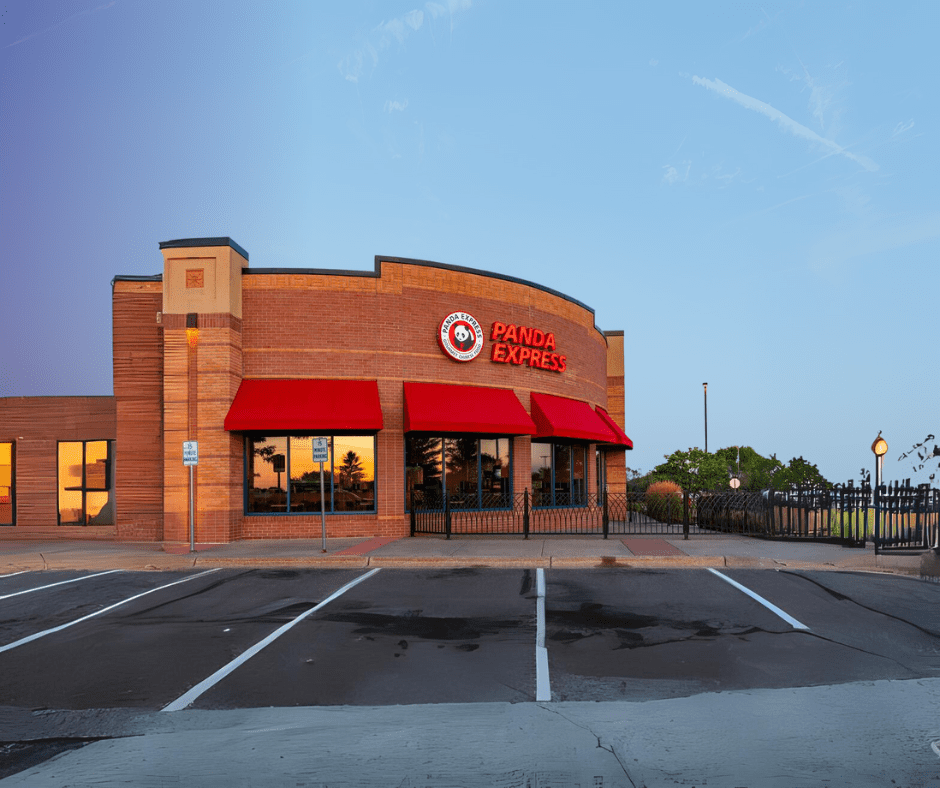Panda Express: Your Bariatric-Friendly Guide
Panda Express: Your Bariatric-Friendly Guide We'll explore how Panda Express, your friendly neighborhood fast-food spot, can seamlessly fit into your post-bariatric Friendly guide. Congratulations on taking that brave step toward a healthier you with bariatric surgery! Remember, your journey doesn't stop with the surgery; it continues with every choice you make, especially when it comes to what you eat. The Panda Express Menu for Bariatric Patients Navigating menus after bariatric surgery might feel like solving a puzzle, but worry not! Panda Express has you covered on Your Journey to Better Health with some delicious and health-conscious options. Let's roll up our sleeves and dive deep into their menu to uncover the bariatric-friendly treasures hidden within. Chicken Delights at Panda Express String Bean Chicken – A Light and Satisfying Choice for Gastric Sleeve Warriors Potato Chicken – Flavorful and Easy on Post-Bypass Stomachs Mushroom Chicken – A Protein-Packed Veggie Combo Worth Trying Grilled Asian Chicken – Marinated Goodness for Bariatric Champions Grilled Teriyaki Chicken – A Sweet and Savory Sensation Teriyaki Chicken – A Healthy Twist on Classic Teriyaki If you love chicken, you're in luck. Panda Express offers a range of options tailored to your specific bariatric needs. From [...]





